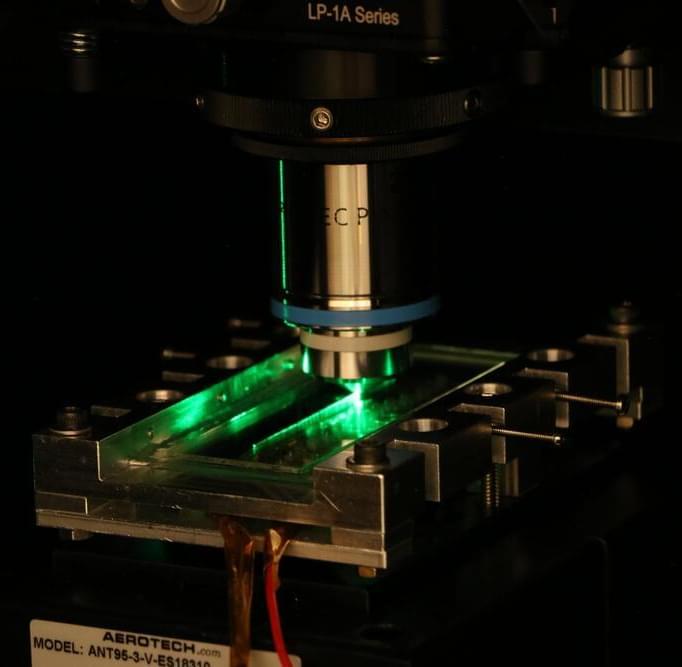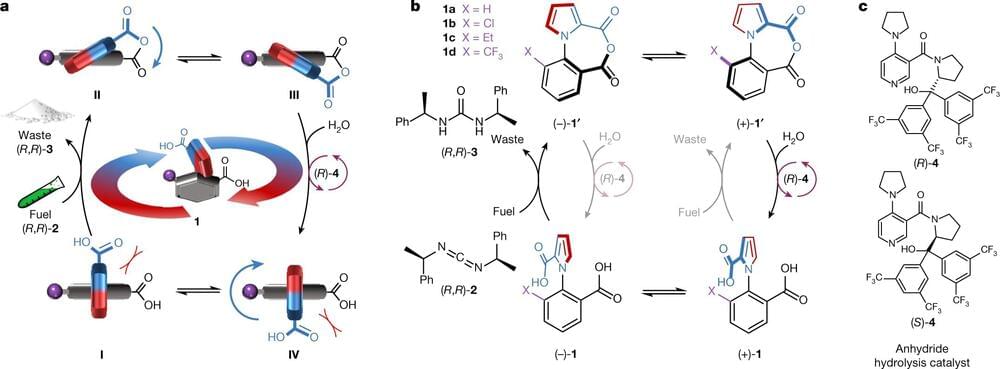
CARMAT, the developer of the world’s most advanced completely artificial heart has successfully raised €40.5 million in funding. The raise is set to finance the production of their Aeson artificial heart, which the company hopes will provide an alternative treatment option for people with heart failure – a condition affecting around 6.2 million adults in the US alone [1].
Longevity. Technology: Beating around 100,000 times per day, your heart works around the clock to keep your circulatory system ticking. The steady sound of your heartbeat is a comforting constant throughout your life. Forming the centre of the circulatory system, the heart continuously pumps blood around the body to deliver oxygen and nutrients to cells. Due to this constant work, our hearts can unfortunately wear out as we age, with cardiovascular diseases continuing to be the leading causes of death globally [2].
End-stage heart failure is a serious condition that occurs when the heart can no longer transport blood throughout the body effectively. It most often affects the left chamber of the heart, which pumps oxygen-rich blood around the body, leading to biventricular heart failure. Vital organs like the brain, liver and kidney fail to get enough oxygen and nutrients to function properly. With few treatment options, end-stage heart failure sometimes requires serious intervention like heart transplantation – considered the gold standard therapy. However, due to the global shortage in organ donors, this is not always possible and there is a gap for a therapeutic alternative that could have huge implications for longevity globally.









